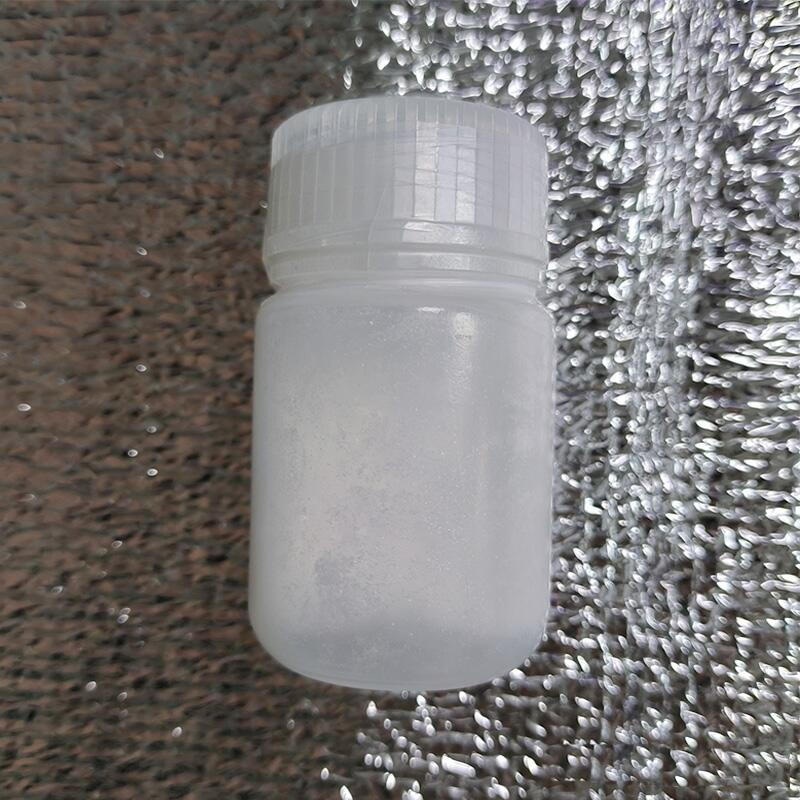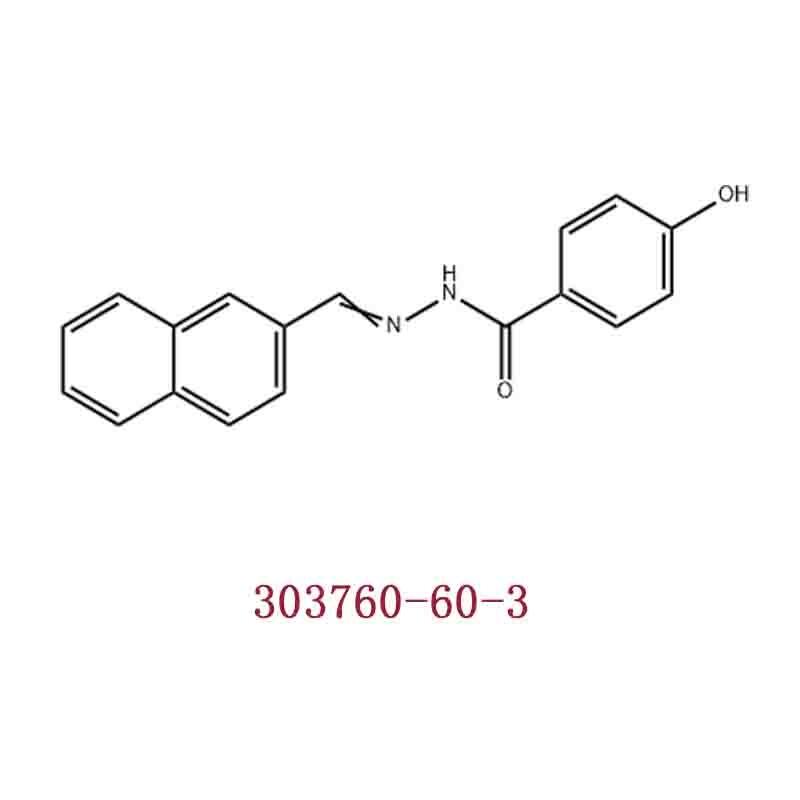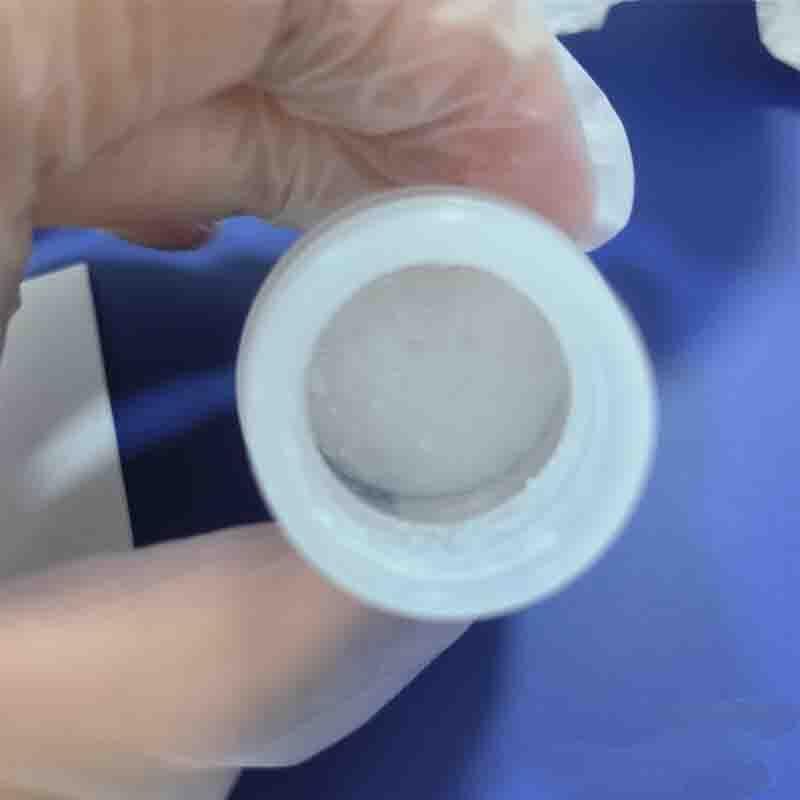-
Categories
-
Pharmaceutical Intermediates
-
Active Pharmaceutical Ingredients
-
Food Additives
- Industrial Coatings
- Agrochemicals
- Dyes and Pigments
- Surfactant
- Flavors and Fragrances
- Chemical Reagents
- Catalyst and Auxiliary
- Natural Products
- Inorganic Chemistry
-
Organic Chemistry
-
Biochemical Engineering
- Analytical Chemistry
-
Cosmetic Ingredient
- Water Treatment Chemical
-
Pharmaceutical Intermediates
Promotion
ECHEMI Mall
Wholesale
Weekly Price
Exhibition
News
-
Trade Service
Introduction: The human gut microbiome is the largest and most complex microbiome of the human body, and also an important metabolic organ of the human bodyMany oral medications can be altered by the human gut microbes, which in turn affect the patient's treatmentThere are also great differences in the individual response to oral medicationThis reveals the effects of the gut microbiome on the differences in drug response, but the mechanism behind it has not been clearRecently, researchers at Princeton University have developed a systematic approach to assessing how our gut microbiome chemically transforms or metabolizes oral drugs in a way that affects the safety and efficacy of the drugnew methods provide a more complete picture of how gut bacteria metabolize drugs and can help develop drugs that are more effective, have fewer side effects and are personalized for the individual microbiomeillustrated abstract
the study was published June 10 in the journal CellPrevious studies have tested how a single species of gut bacteria metabolizeoral drugsThe new framework can simultaneously assess a person's entire gut microbiomethe background and prospects ofresearch
Assistant Professor of Molecular Biology, Mohammed M"Basically, we don't escape the complexity of the microbiome, we accept it," says Mohamed S Donia This approach allows us to have a holistic and more realistic view of the contribution of microorganisms to drug metabolism the team used this method to assess the effects of gut flora on hundreds of commonly used drugs on the market The intestine is the main part of the body where pills and liquid drugs are absorbed by the body researchers found 57 cases of gut bacteria that could alter existing oral medications Eighty percent of them have not been previously reported, highlighting the potential of the method to reveal the interactions of unknown drugs and microorganisms these changes include converting the drug into an inactive state that reduces the drug's efficacy and that converting the drug into a toxic form can cause side effects the framework can help identify drugs and inform the formulation of changes by identifying potential early developments in drug and microbial interactions This approach can also help clinical trials better analyze the toxicity and efficacy of the drug under test gut microbiome varies from person to person
the gut is home to hundreds of bacteria The composition of these communities, such as the type of bacteria and the number of each bacteria, varies from person to person "This human-to-human difference underscores why the study of a single bacterial species makes it impossible for individuals to compare the metabolism of the microbiome with the microbiome," said Donia What we need to study is the entire gut microbiome researchers found that some people's microbiome has little effect on a given drug, while others have significant effects on the microbiome, demonstrating the importance of bacterial communities, not just single bacterial species, for drug metabolism "Everyone's microbiome is unique, and we can see that in our study," said Bahar Javdan, a ph.dinal student in molecular biology at the and co-lead author of the study We observed three major classes of drugs, drugs that can be metabolized by all microbial communities in our study, drugs that are metabolized by certain microbiomes, and drugs that are not affected by the metabolism of any microbiome this approach is valuable for personalizing the microbiome of each patient For example, the framework can help predict the efficacy of a drug, and if adverse effects are predicted, it is recommended to change treatment strategies "This is a case of medical and ecological collisions, and we have calculated and quantitatively analyzed the data and showed that the bacteria in these microbiomes help each other survive and affect each other's enzyme spectrum," said Jaime Lopez, a graduate student in the Lewis-Sigler Comprehensive Genomics and co-lead author of the study If you don't study it in the microbiome, you'll never capture it "
research framework and research findings the framework consists of four steps to systematically assess the effects of gut microbes on drugs first, the researchers collected 21 stool samples from anonymous donors and classified the types of bacteria in each individual They found that the donor's guts lived in a unique microbiome, and that most of these personalized communities could grow in the laboratory culture systems they developed , they tested 575 drugs approved fda to see if they had been chemically modified by one of the 21 cultured microbes, and then tested some of the drugs with all cultured microbiomes Here, they found microbial-derived metabolites that have never been reported before, as well as metabolites associated with side effects reported in humans, but their origin is unknown They found that in some cases all donor microbes reacted the same way to drugs, while in other cases only a portion of the microbiome produced the same reaction then they looked at the mechanisms by which some of the modified drugs were cultured with microbial changes To understand exactly how these transformations occur, they tracked the source of the chemical transformations to determine specific bacterial species and specific genes in those bacteria They also showed that the biome-derived metabolic reactions found in this way could be reproduced in mouse models, the first step in the development of human drugs







